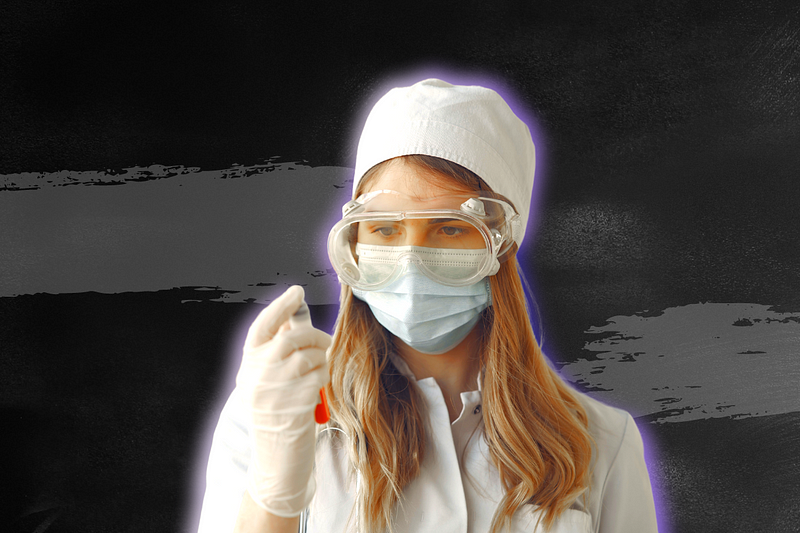Navigating DNA Privacy: The Implications of Genetic Data Usage
Written on
Chapter 1: Introduction to DNA and Data Privacy
As we advance into a future where your DNA may soon be cataloged, it raises the question: what are the implications?

Historian Yuval Noah Harari forecasted in 2011 that algorithms would eventually understand us better than we understand ourselves. This is already evident on various digital platforms.
When browsing YouTube, TikTok, or Facebook, you often find that you don’t even need to decide what to watch next; the algorithm does it for you. It has learned your preferences through your interactions, such as likes and watch time.
However, this ease comes at a cost: you end up spending hours glued to your screens. The more ads you engage with, the more revenue these platforms generate. Unfortunately, the impact of this data usage often includes disinformation, political divisiveness, psychological harm, and even terrorism. Strangely enough, many users seem unperturbed about how their data may be exploited.
We often view online services as convenient enough to justify a small loss of privacy, but we know that these data-centric companies are always eager for more. Your genetic information may soon be their next target—an unsettling thought, especially if you have little control over the matter.
Recent developments indicate that companies may not even require your explicit consent to use your biological data.
Chapter 2: The Case of the Golden State Killer
The case that unveiled the potential for genetic data misuse occurred on April 24, 2018, when police arrived at the home of Joseph James DeAngelo Jr. At 73, he was retired, and those around him likely assumed he was being arrested for minor past offenses. However, they were mistaken.
DeAngelo was revealed to be the Golden State Killer, a serial rapist and murderer responsible for terrorizing California from 1974 to 1986, committing at least 13 murders, 50 r